Executive Function of International Law:
International society has no central organ for the enforcement of international law. According to Woodrow Wilson, “There is no earthly power to enforce obedience to rules on conduct as between nation and nation”. This absence of an executive function in internal law means that each nation is free to take any action as it thinks fit to enforce its own rights. “This lack of system,” remarks Prof. Brierly, “is obviously unsatisfactory, particularly to those states which are less able than others to assert their own rights effectively”.
However, this does not mean that international law has no sanctions. Actually, most of the rules are most of the time honoured. Certain factors are, in fact, responsible for the observation of legal norms. These may be classified as (i) habit, (ii) self-interest, and (iii) collective security.
Habit- Those principles which have been habitually observed for a long are most likely to be observed in future. The immunities and inviolability of foreign diplomats, e.g., have been generally observed by all nations for more than 2500 years and are almost never wilfully violated at the present time.
Self-Interest- Consideration of self-interest as a sanction of international law is also important. A state will respect its obligation under a commercial treaty because it expects great benefits from the execution of the treaty. According to Prof. Schuman self-interest as a sanction of international law is important, particularly as regards the international law of war. “At the outbreak of the American Civil War, there was some disposition in union circles to treat captured members of the confederate armies, not as prisoners, in accordance with the laws of war, but as rebels who might be punished for treason, arson, murder and other individual acts. Once it was realized, however, the intention was abandoned”. Prof. Schuman observes, “A more farsighted view of self-interest on the part of German High Command would similarly have dictated observance of agreements forbidding the use of poison gas in World War I and might have precluded the Nazi atrocities of World War II”.
Collective Security- Collective security is perhaps an ideal solution to the problems of law enforcement in a community of sovereign nations. It is a system by which all nations take collective action against any aggressors which endanger the security of any nation. Provisions regarding collective security have been provided in the Covenant of the League of Nations and in the Charter of the United Nations.
In actual practice, however, these two documents have failed to provide an effective system of collective security. When Italy attacked and conquered the Greek island of Corfu in 1923, Greece approached the League of Nations to take suitable action against Italy under Article 16 of the League Covenant. The Italian delegate held that Article 16 could not be applied to Italy, since she did not intend to commit an act of war. The Council allowed the Conference of Ambassadors to settle the dispute in a manner that may be favourable to Italy. Thus League protected the aggressor. Again when Japan occupied Central Manchuria in 1931, China appealed to the League under Article 10, 11, 15 and 16. But England was not in favour of any action against Japan. As such the League did nothing accept to pass a resolution on September 21, 1931, calling upon the disputants to withdraw their troops. But this resolution was ignored by Japan. In fact, the League could not take any effective action against Japan.
The applications of collective security under the Charter of the United Nations has also proved to be ineffective. In June 1950, when North Korea attacked South Korea, the Security Council passed a resolution calling upon Noth Korea to withdraw its forces. It also appealed to its members to help the United Nations to take action on its resolution. Out of sixty members, however only the United States sent substantial help in men and materials to South Korea. But even the United States helped South Korea not because she was committed under the Charter to take military action against North Korea but because she had personal interest in the matter. In fact, the United States wanted to stop the communist expansion of Soviet Russia. Moreover, she wanted to show her European allies that they could rely upon her in an event of a communist attack. Thus it is pretty clear from this analysis that collective security has never been an operating reality. Prof. Schuman is right when he remarks, “So long as culprits and the ‘police’ are not individuals but states, and so long as diplomats and patriots act in terms of national self-interest, “collective security” remains at best a dream….”
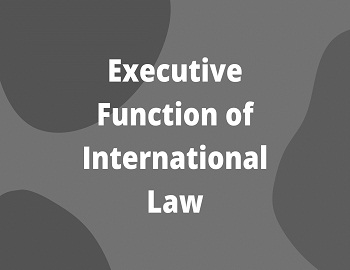
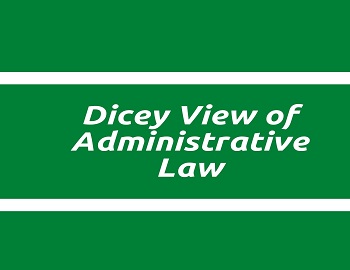

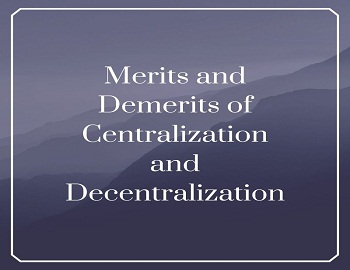

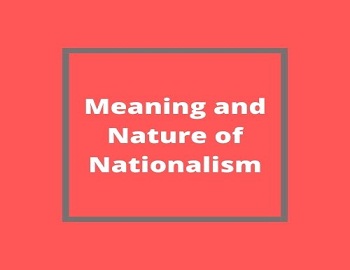
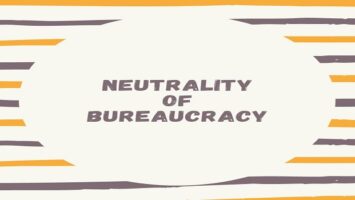


Comments (No)